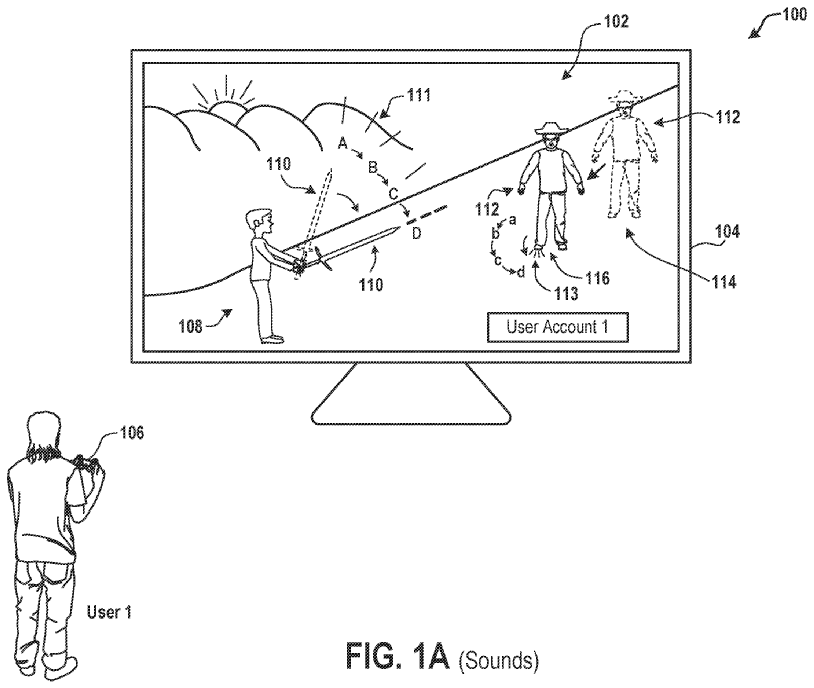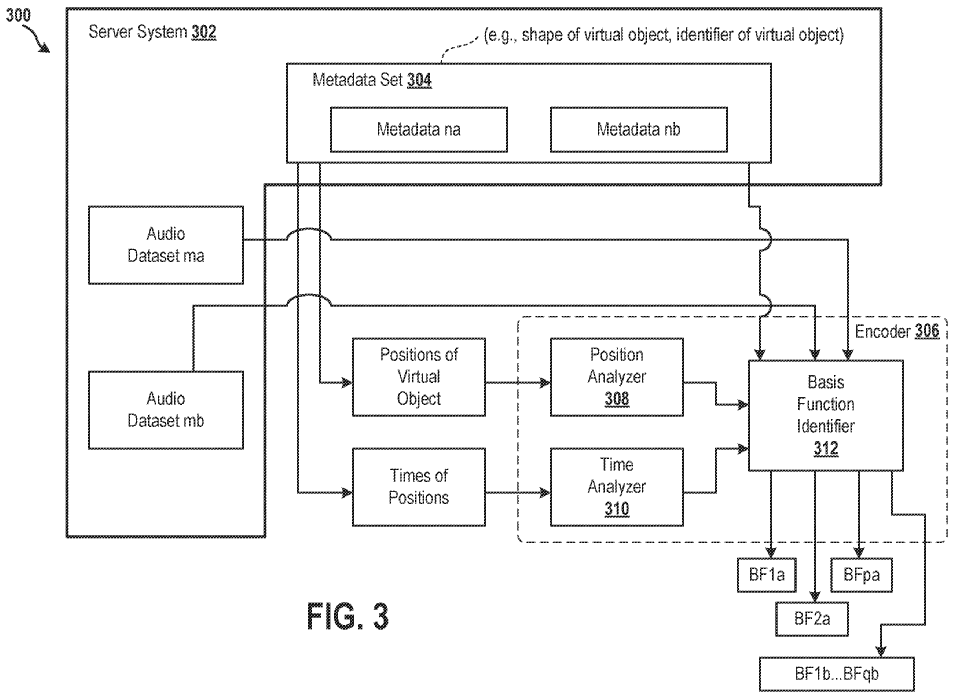- A new Sony patent we spotted wants to automatically produce in-game sound effects from existing audio data.
- The proposed system would use AI to bring variety and immersion in the game audio.
- It would reduce development times and make game audio more unique for repeated gameplay.
Sony is one of the leading conglomerates around the globe to push for innovations in the gaming industry. Most of these ideas first appear in patents, and the latest one might just take the cake. The publisher seems to have figured out a way to innovate game audio for good.
We spotted a new patent published by the company that talks about automatically creating in-game sound effects—and possibly even music—using tech like AI. It would make use of existing game audio data to produce its variations without any human intervention, adding a slew of sound effects and immersion in games.
The video games output a variety of sounds during game play to keep the players interested and engaged. For example, a sudden shocking sound is emitted during a horror video game or music is output during a dancing video game.
Why it matters: The publishing of this patent suggests that Sony is testing ideas behind the scenes to make in-game audio unique during gameplay for added realism and automation of a monotonous development process.

The patent dubbed “SYSTEMS AND METHODS FOR GENERATING AND APPLYING AUDIO-BASED BASIS FUNCTIONS” introduces an advanced audio synthesizer that uses many components and methods—including neural networks—to produce new sound content from existing audio files.
Sony argues that players may slowly grow bored of playing certain games because of a lack of variety in sounds. For example, a user walking around the map for hours may get tired of the same static walking sound effect. However, the new patent would resolve this dilemma by creating many audio variations to add immersion and realism.
However, over time, the players get bored of playing the same video games and or listening to the same sounds.

This Sony patent would have a drastic domino effect on the gaming industry, as it would completely change how developers view game sounds.
Developers would be able to use AI or other technologies to automatically create in-game sound effects instead of manually adding many of them, thus reducing development time and strain. On the flip side, it would only make Sony games appear more immersive and realistic to the players.
All in all, we suggest taking the patent with a pinch of salt since it might never be implemented and leave the testing phase. However, Sony has published a variety of unique legal docs, some of which have come true over time.
For instance, the company recently published a patent regarding the PS3 backward compatibility for PlayStation 5, which corroborates a popular rumor. Another piece in the past also discussed an AI for calculating the worth of NFTs.
Thank you! Please share your positive feedback. 🔋
How could we improve this post? Please Help us. 😔
Shameer Sarfaraz has previously worked for eXputer as a Senior News Writer for several years. Now with Tech4Gamers, he loves to devoutly keep up with the latest gaming and entertainment industries. He has a Bachelor’s Degree in Computer Science and years of experience reporting on games. Besides his passion for breaking news stories, Shahmeer loves spending his leisure time farming away in Stardew Valley. VGC, IGN, GameSpot, Game Rant, TheGamer, GamingBolt, The Verge, NME, Metro, Dot Esports, GameByte, Kotaku Australia, PC Gamer, and more have cited his articles.




